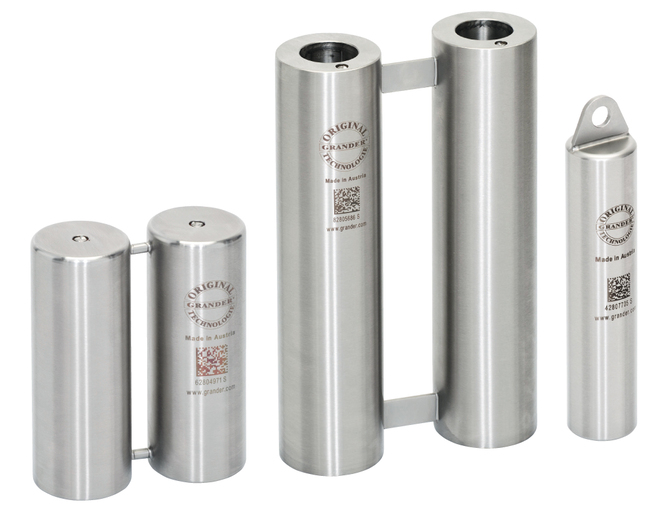Wetsus Conducts Multiple Studies on GRANDER Devices
GRANDER technology, specifically the GRANDER Double Cylinder (Type DZKL), also known as the “GRANDER Double Cylinder Small,” has been extensively researched within Wetsus’ Applied Water Physics theme. Despite ongoing debates in the scientific community and media, recent studies indicate measurable effects from these devices.
Wetsus, the European Centre of Excellence for Sustainable Water Technology, is examining the effects of GRANDER devices in various studies under the Applied Water Physics theme.
Over the past decades, GRANDER technology has divided the scientific community and media. However, recent studies using GRANDER cylinders in experimental setups are demonstrating measurable effects.
By employing physical and microbiological measurement techniques, it is now possible to scientifically document the effects of GRANDER technology. In several scientific publications, the GRANDER Double Cylinder (Type DZKL), also known as “GRANDER Double Cylinder Small,” was utilised in experimental setups. These studies, including those conducted by Wetsus, show measurable effects on electrical impedance, light scattering in the nanometre range, and microbiological activity.
Dr. Elmar C. Fuchs, an expert in the interaction of water with external fields, is the Wetsus Programme Manager and the coordinator of the Wetsus Applied Water Physics theme, which aims to investigate and utilise these interactions to develop sustainable water treatment technology.
He stated: “In my capacity as corresponding author of the publications listed below, as theme coordinator of the research theme Applied Water Physics and programme manager of Wetsus, the European Centre of Excellence for Sustainable Water Technology, I, Dr. Elmar C. Fuchs, confirm that the devices referred to as water core magnets or WCM (type DZKL) in the three publications listed below are commercially available Original GRANDER double cylinders (trade name ‘GRANDER Double Cylinder Small’) which Wetsus obtained from IPF GmbH, Jochberg, Austria.”
The studies reveal that weak, inhomogeneous magnetic fields have measurable effects on the formation of calcium carbonate nanostructures (“DOLLOPs”) and the growth of certain bacteria in water.
- Sammer, M., et al. (2016) – Strong Gradients in Weak Magnetic Fields Induce DOLLOP Formation in Tap Water. Water, 8(3), 79. [DOI: 10.3390/w8030079] (https://doi.org/10.3390/w8030079)
- Paulitsch-Fuchs, A.H., et al. (2021) – Strong Gradients in Weak Magnetic Fields Affect the Long-Term Biological Activity of Tap Water. Water (Seattle) 12, 28-45. [DOI: 10.14294/WATER.2020.5] (http://dx.doi.org/10.14294/WATER.2020.5)
- 3. Liu, X., et al. (2022) – Investigation of the Effect of Sustainable Magnetic Treatment on the Microbiological Communities in Drinking Water. Environ Res, 213, 113638. [DOI: 10.1016/j.envres.2022.113638] (https://doi.org/10.1016/j.envres.2022.113638)

